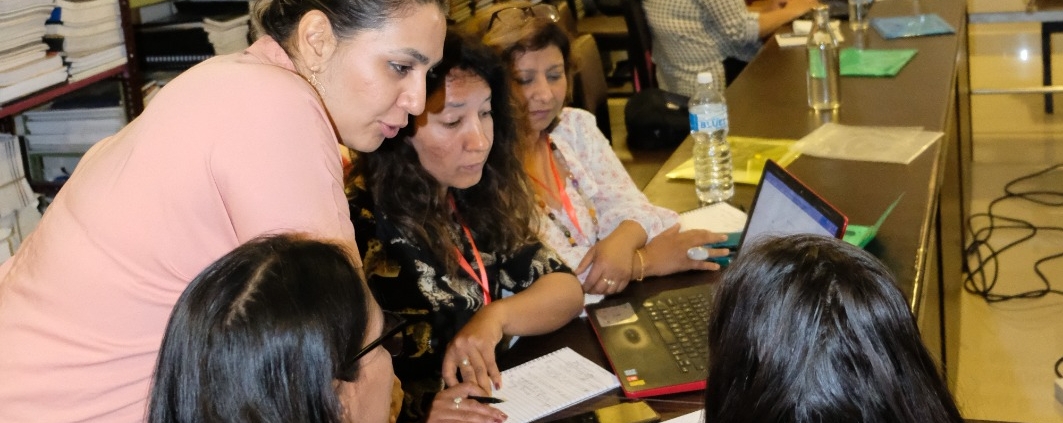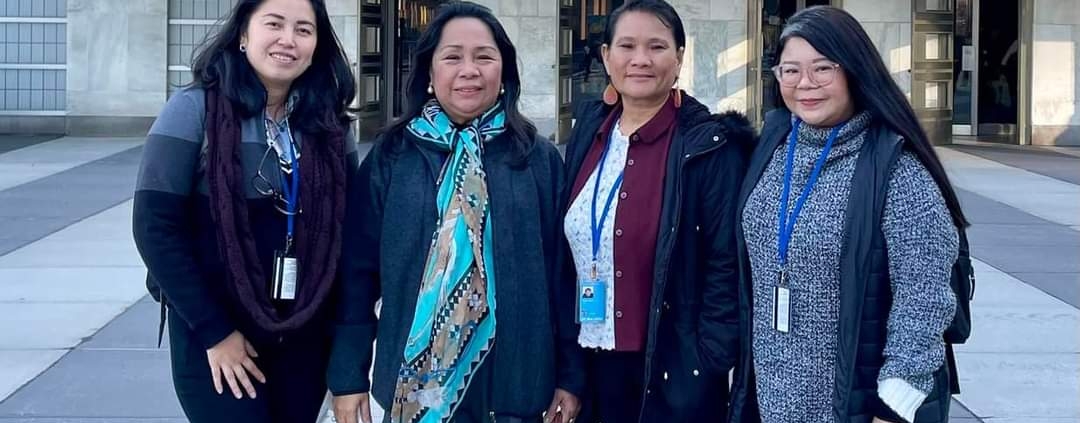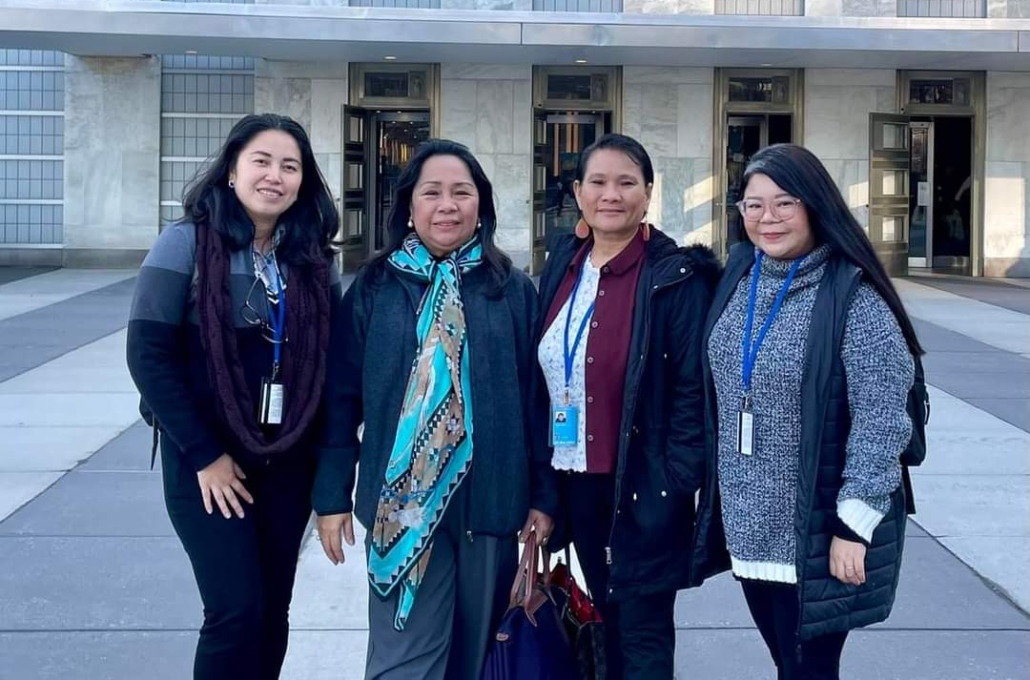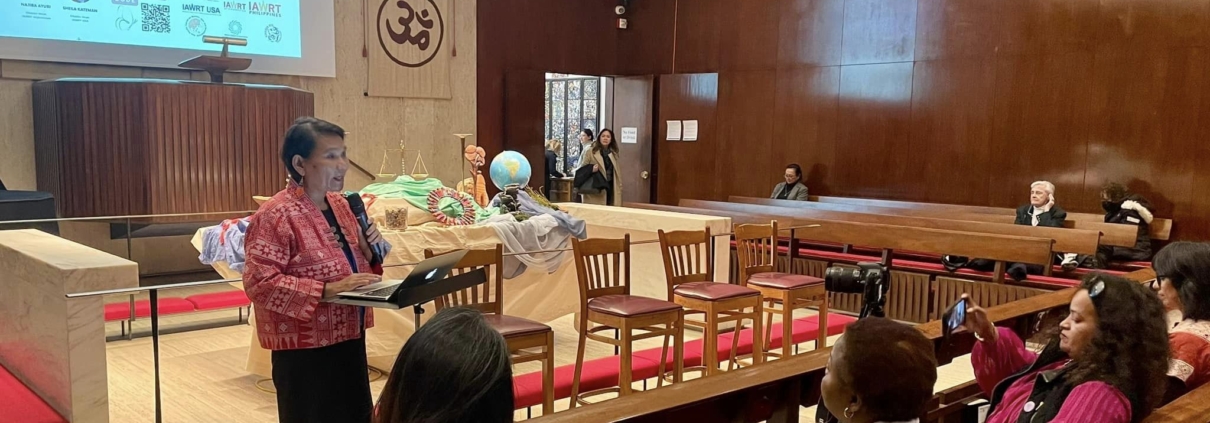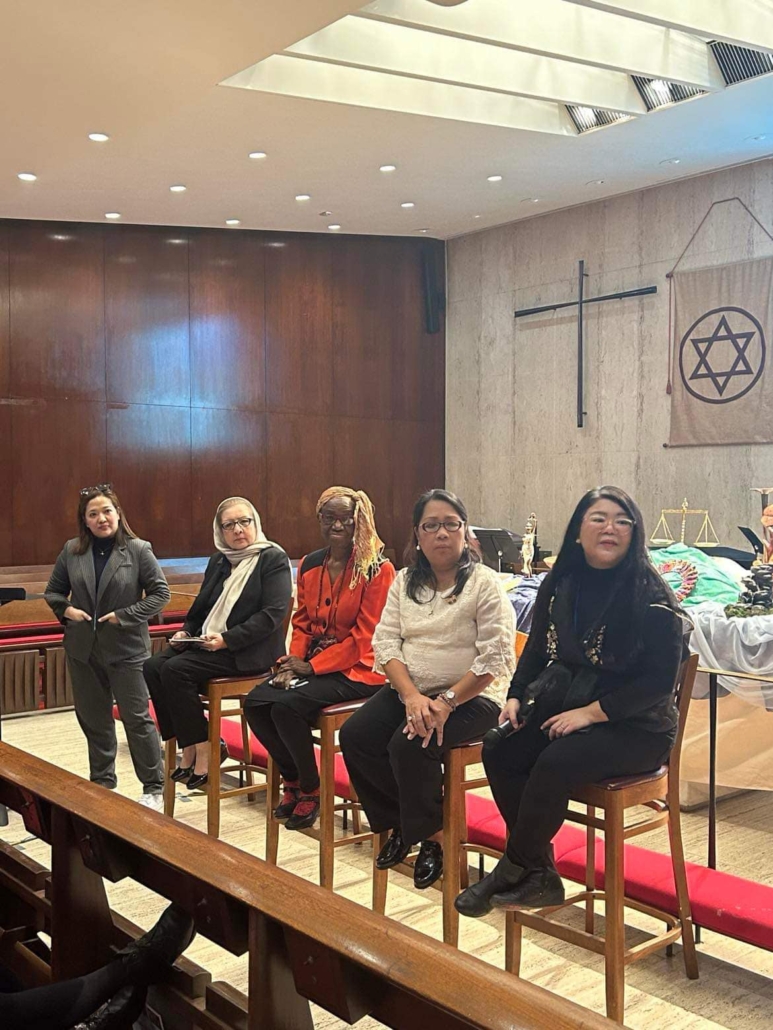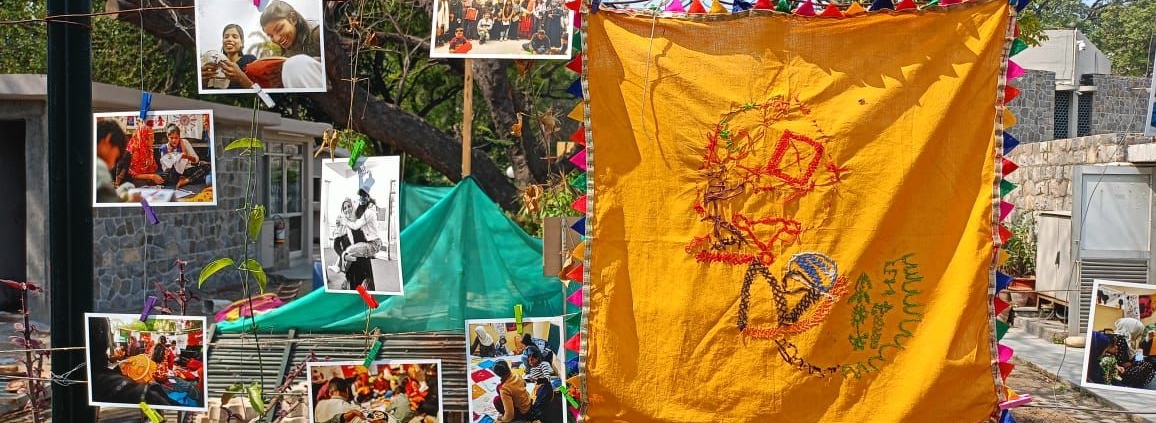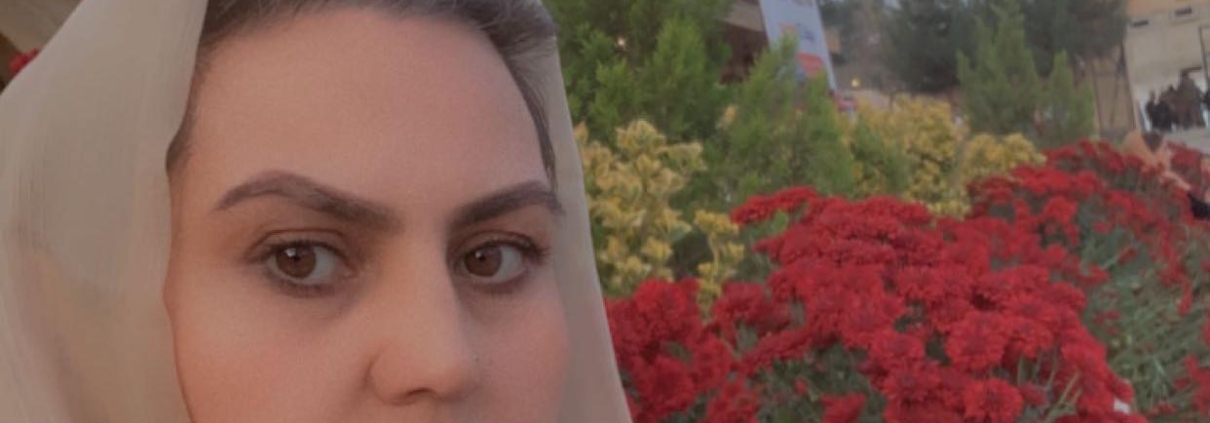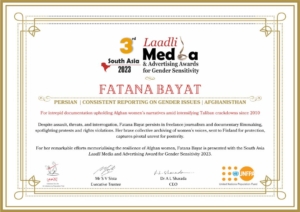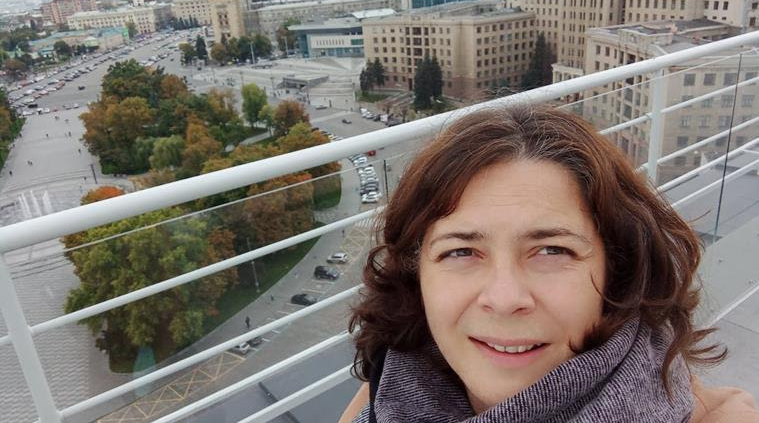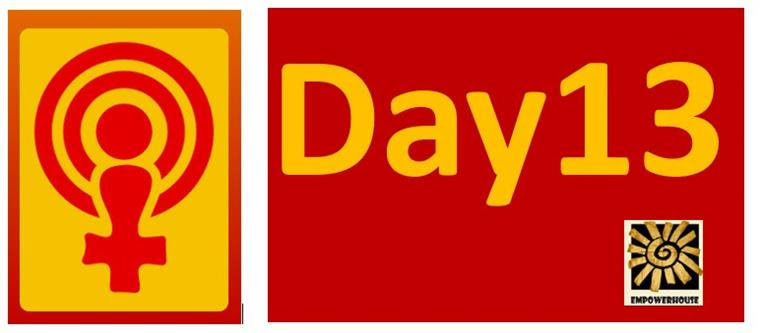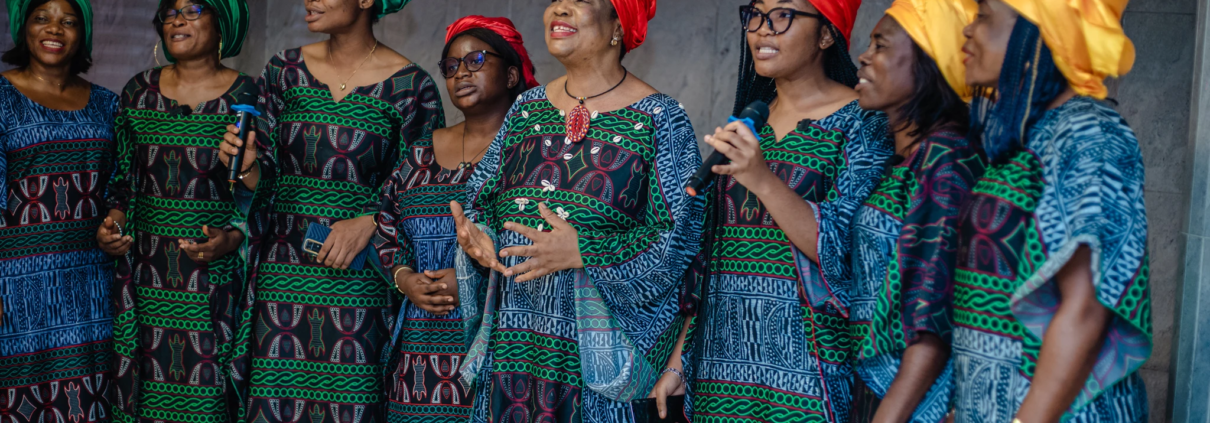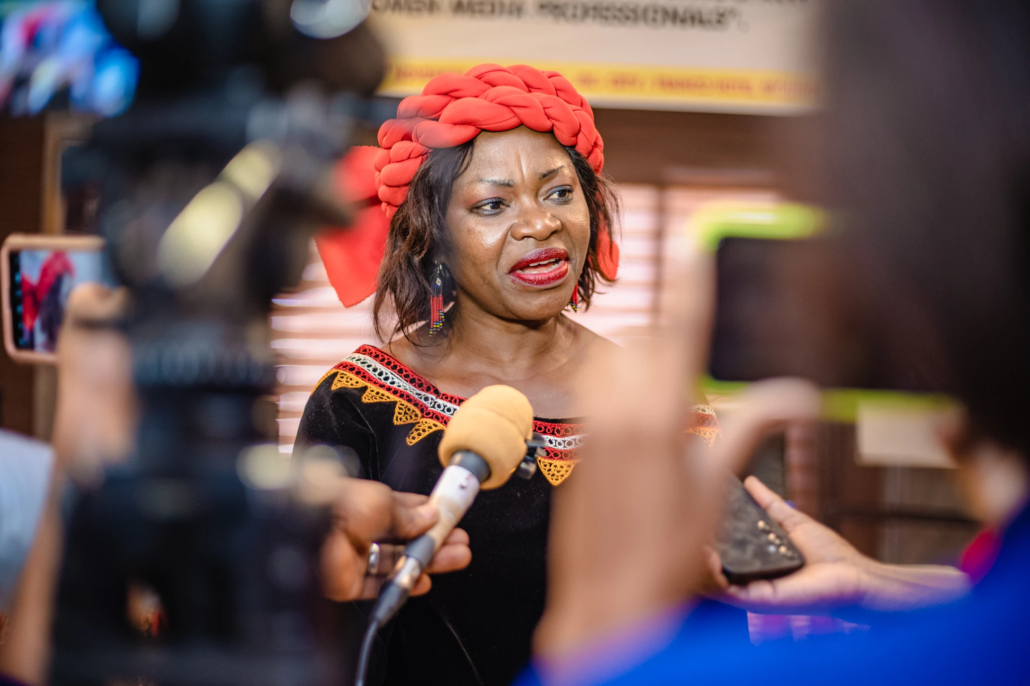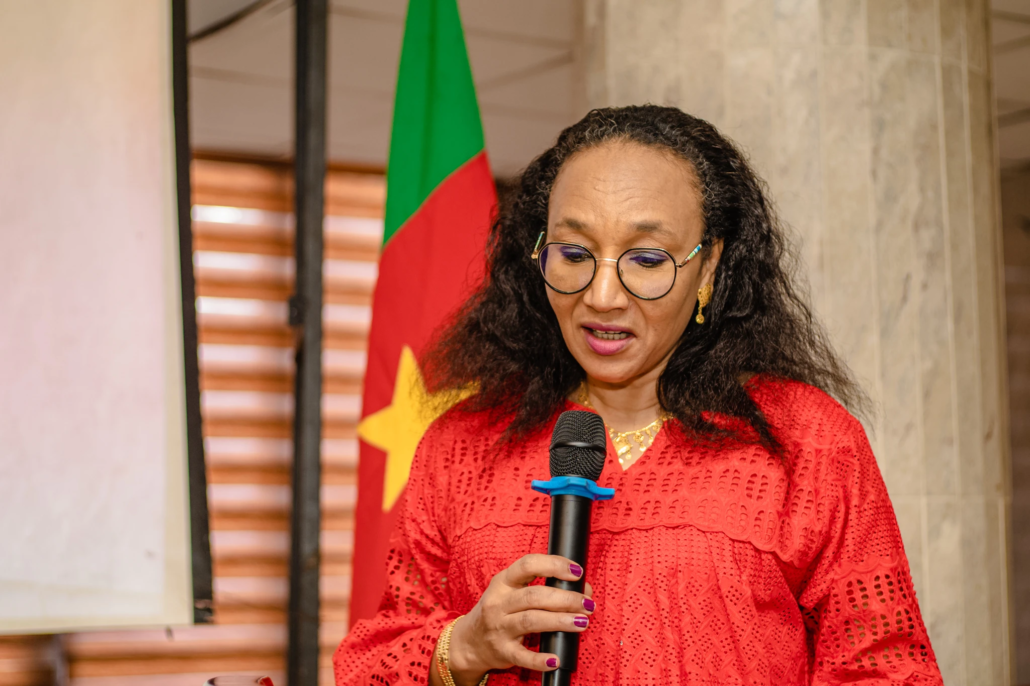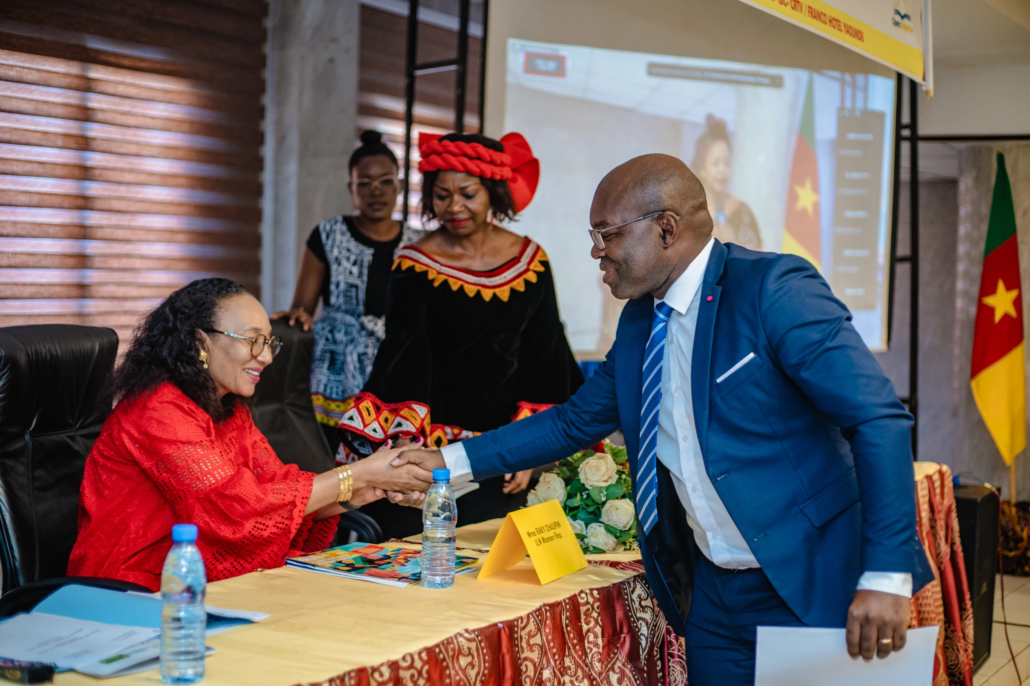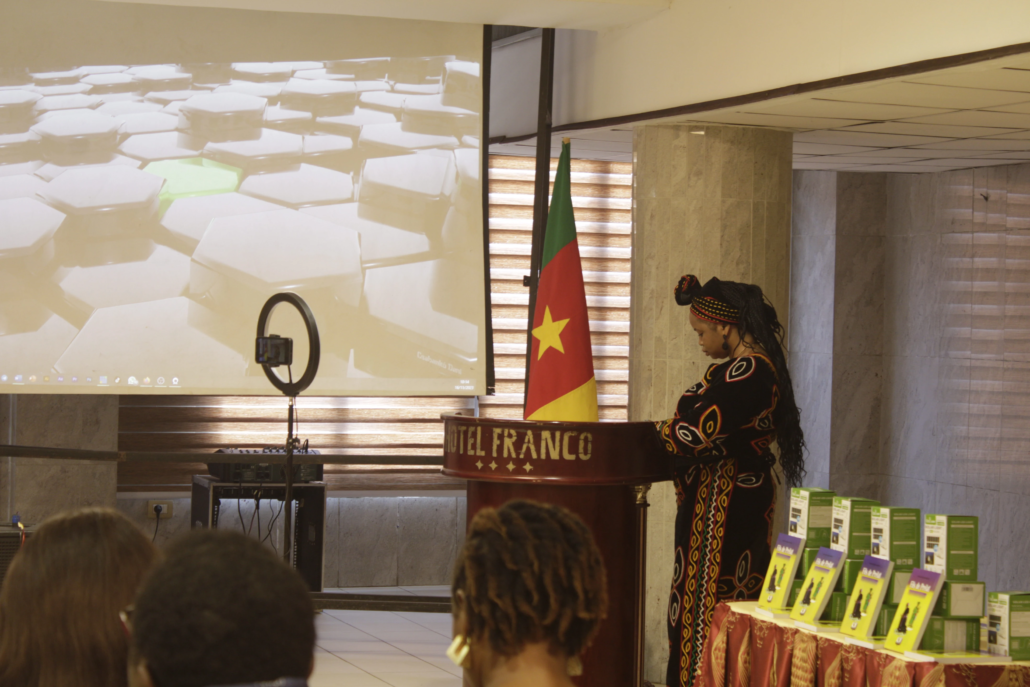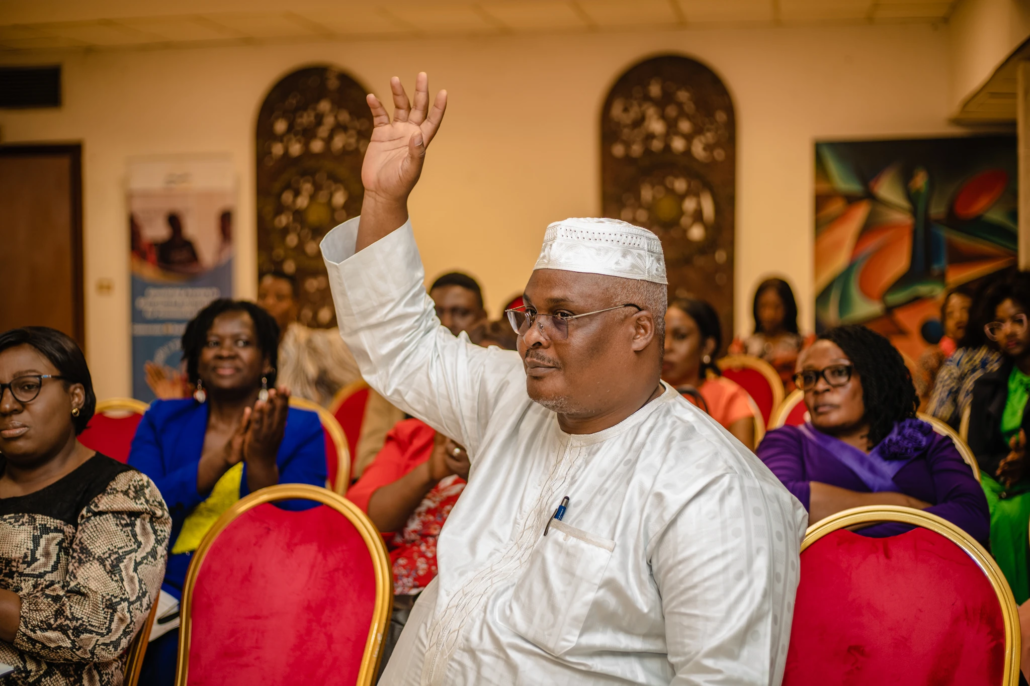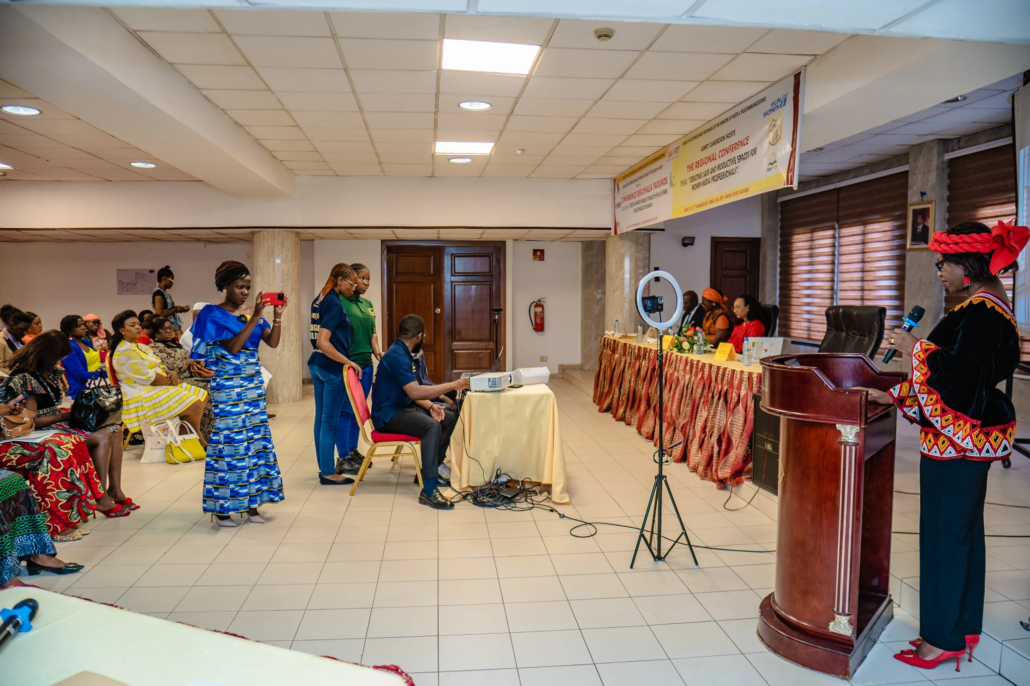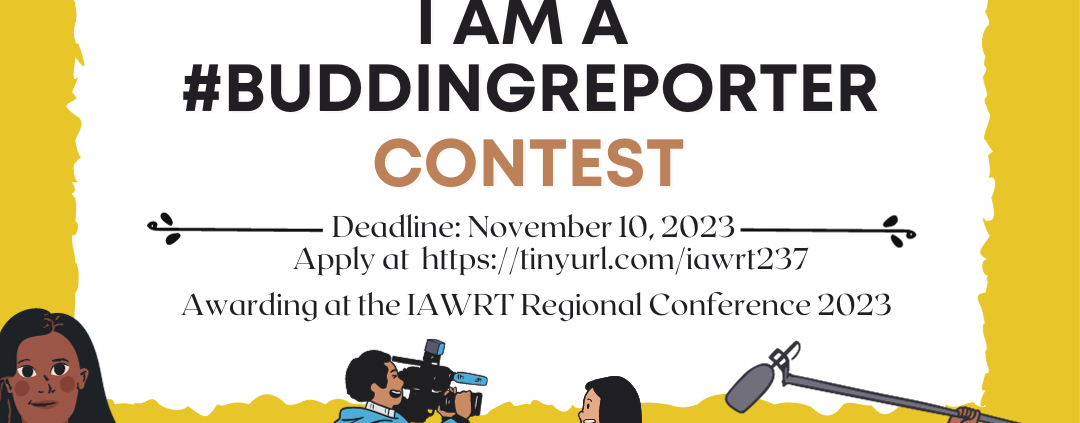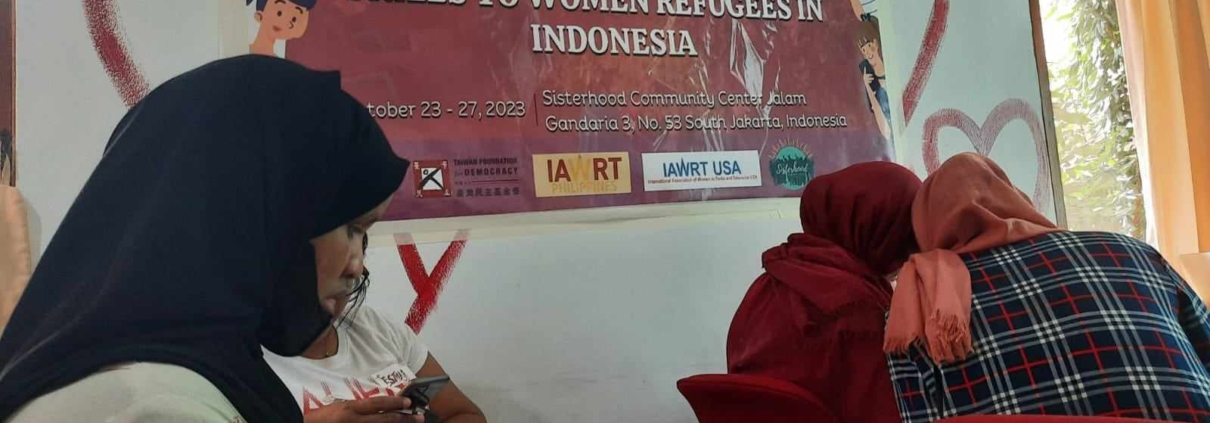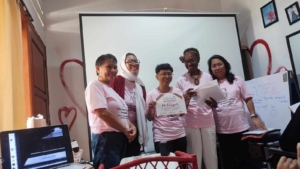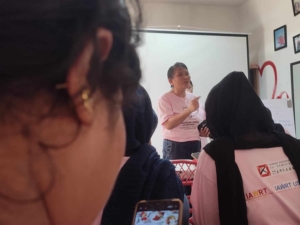As indicated in the previous report of November 2023, 11 mentor-mentee pairs were formed initially at the end of October 2023. Of these, 8 pairs took off the ground, with the mentors and mentees being put in touch with each other by the Committee chair. In March 2024, we decided to take stock of the process. Of the 8 pairs, 3 pairs had met more than once, of which 2 pairs took up some work. 3 pairs could not go forward, because the mentees did not turn up in two cases and in one case there was a language issue. The remaining 2 pairs were in touch on WhatsApp but could not initiate any joint work due to either mentor or mentee having issues with giving time. The reasons for the programme not going forward smoothly included family problems, ill health, time zone issues, as well as lack of commitment and communication on the part of the mentees. It is clear from this that the mentorship process is far from smooth and mentee commitment is a serious issue.
We elicited suggestions from mentors and the following came up: screening of mentees to ascertain seriousness and suitability, involvement of mentors in the initial meetings with mentees, starting the mentoring process with a structured input such as an online or offline workshop, combined with project-based learning.
The mentorship programme in Kathmandu held from March 31 to April 4 provided an opportunity to begin to explore a different model of mentorship. Three workshops were held:
- Crafting Stories: An Introduction to Scriptwriting for Documentary Film (2 days, Resource Person: Dr. Shilpi Gulati, IAWRT India)
- Rethinking Media: Towards Gender-sensitive and Facilitative Engagements with Social Media ( One day, Resource Persons: Dr. Shilpi Gulati, IAWRT India and Mr. Rob Vanwey, USA, cyber security expert)
- On Point: Effective Technical Writing (Focus on How to Write Proposals)
(2 days, Ms. Lynda C. Garcia, IAWRT Philippines)
While the detailed report is being awaited, preliminary reports obtained at a hybrid mentorship committee meeting held during the workshops indicate that all the workshops were well received. The scriptwriting workshop resulted in several projects that have potential of being worked on for funding and production. We are undertaking a programme evaluation with participants to explore the possibility of mentorship opportunities arising out of the workshops. Another issue discussed at the meeting was that the mentorship programme needs to be expanded to include mentees who might not be full-fledged members of IAWRT, but who have some IAWRT connection, eg. Student volunteers, film festival participants etc.

